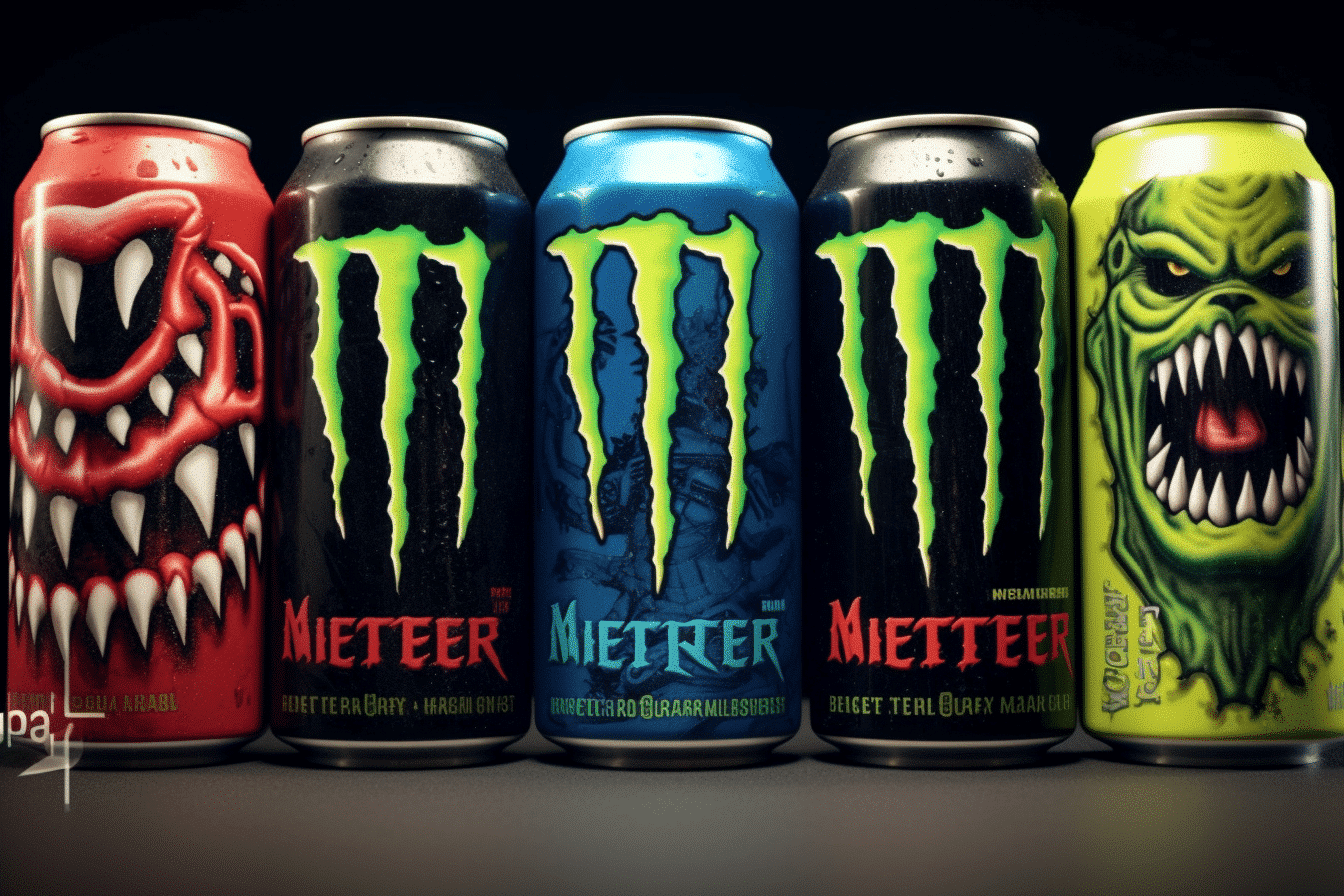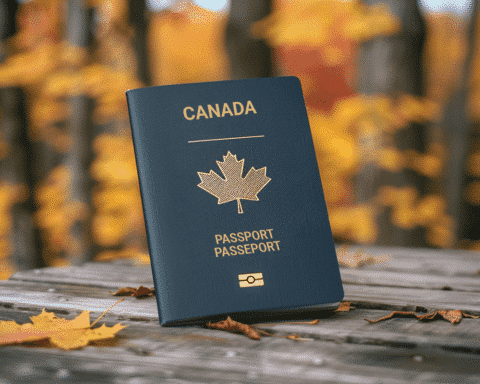The Canadian Food Inspection Agency (CFIA) has announced a recall of Monster brand energy drinks due to concerns over caffeine content and inadequate bilingual labelling.
On Friday, the CFIA declared that the recall affects all flavours of Monster energy drinks containing caffeine that lack proper labelling in both English and French. The CFIA’s statement explained, “The impacted products are being withdrawn from the market because of non-adherence to caffeine limits and labelling regulations.”
Consumers are advised not to drink, distribute, or serve the affected products. Instead, they should either dispose of them or return them to their point of purchase. Despite the recall, there haven’t been any illnesses reported in connection with the consumption of these drinks, as per the CFIA.
For anyone feeling unwell after drinking a Monster energy drink, it’s advised to consult with a healthcare professional. The CFIA warns, “Excessive caffeine intake can be harmful, especially for children, pregnant or breastfeeding individuals, and those sensitive to caffeine. Overconsumption can cause symptoms like insomnia, irritability, headaches, and anxiety.”
This recall follows shortly after another issued by the CFIA for the Alani Nu energy drink brand, which was similarly non-compliant with its caffeine content and bilingual labelling for all caffeine-containing flavours. Other energy drinks like Bang, C4, Cocaine, Fast Twitch, Ghost, and Ryse Fuel have also been recently recalled.
As per Health Canada guidelines, energy drinks should not contain more than 180 milligrams of caffeine. However, several of the recalled brands in the past month exceeded this limit, with some reaching caffeine levels of over 300 mg.
In light of the recent recalls, consumers are reminded to stay informed and exercise caution when choosing energy drinks. With Health Canada’s strict regulations on caffeine content and bilingual labelling, it’s essential for manufacturers to ensure compliance to safeguard public health. As consumers, always checking product labels and staying updated on recalls can go a long way in ensuring one’s well-being.




